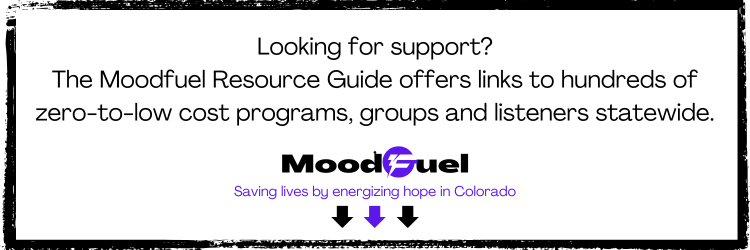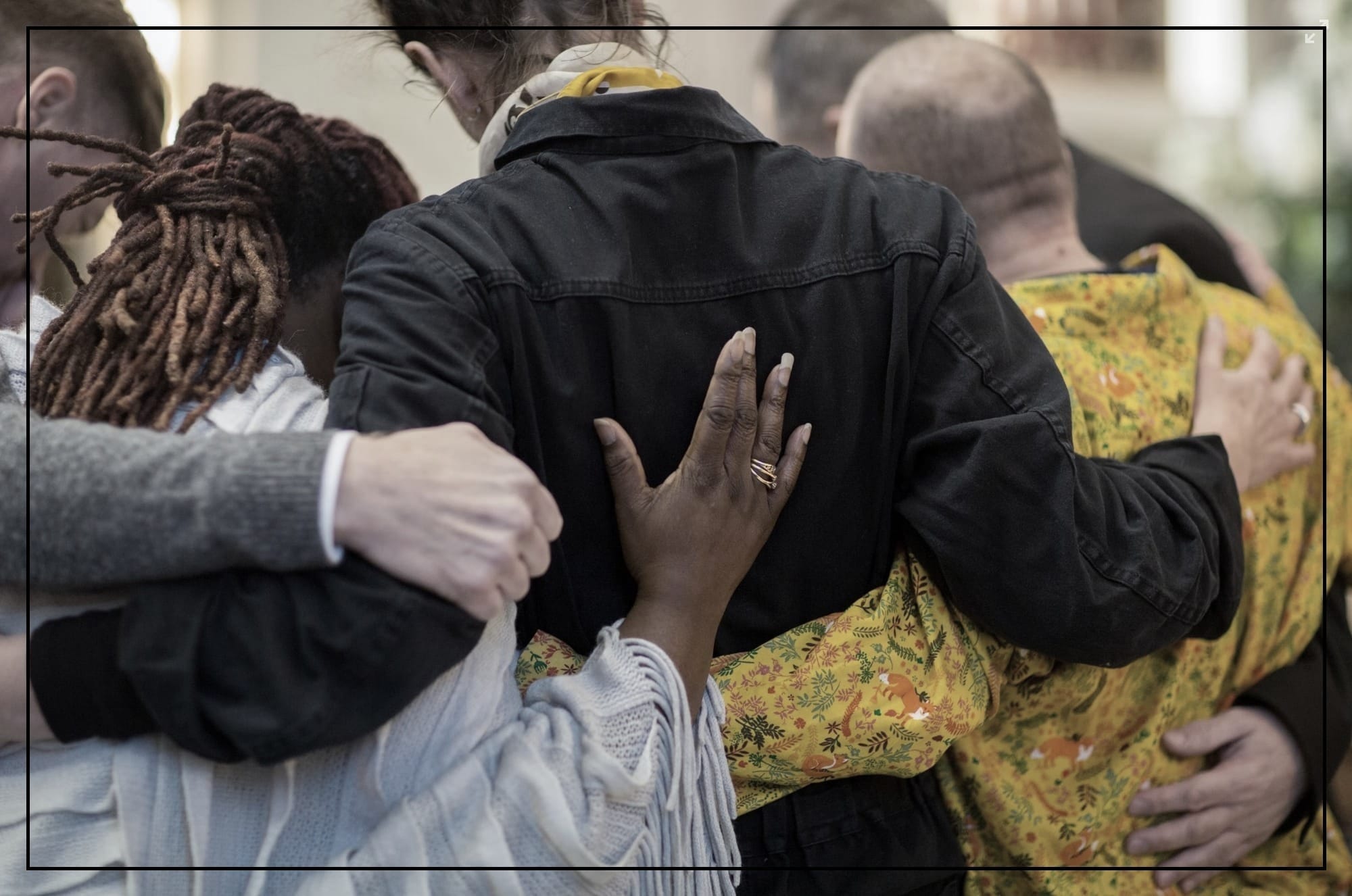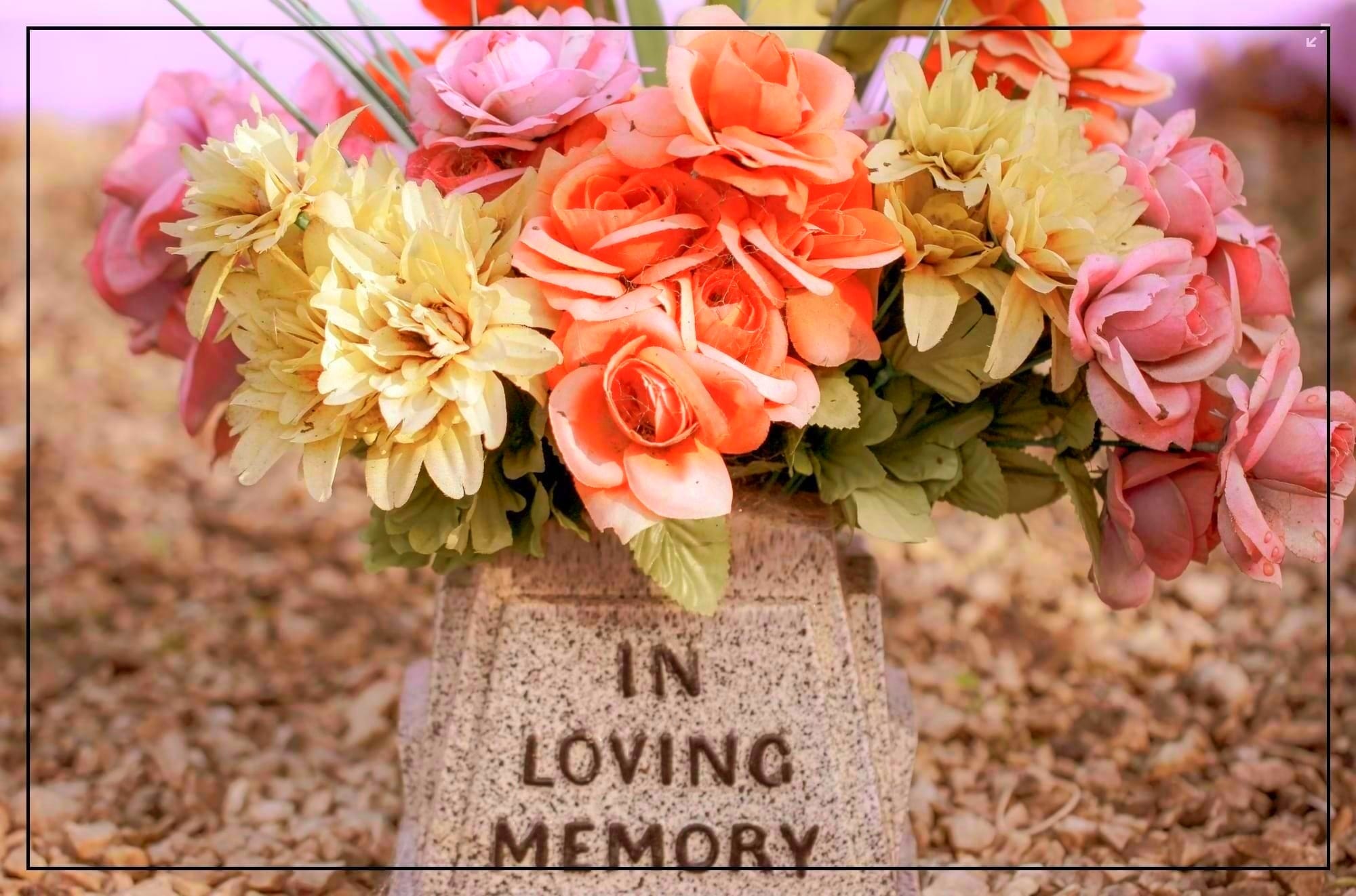By Renata Hill, Moodfuel
The death of someone close is the most stressful experience a human can move through, so ask for help and be kind to yourself as the emotional waves wash over you
It's happened. Your loved one has passed and you're living in the Upside Down. So many questions, such overwhelming emotions. If you're feeling lost or unmoored, here are three suggestions to help you navigate your grief.
Identify and create a buddy system
Find people who can hold space for you as you grieve. Ask a couple of friends or relatives if you can contact them when you have trouble managing your feelings or daily life. Identifying more than one person will allow you to create a buddy system whose members will remain fresh to comfort you while balancing their own needs in the days, weeks and months ahead.
Look for people who can provide different types of support. While each person will be willing to listen, one relative or friend may be better at helping with chores, like a cooking or laundry, until they're more surmountable for you. Another person can help you spread news of the death by contacting those in your extended circle since repeating the same information many times can be energy-sapping. Yet another person can find a safe place for your pets (or someone to care for them if they're outside animals, like horses) while you're organizing your loved one's affairs. As for more involved functions, having a buddy or two with you when planning a memorial service or navigating official reporting tasks helps deflect anxiety, making these processes more approachable.
Formalized grief support groups, either in-person, online or both, are another resource that many people find extremely helpful. You are not alone and listening to and sharing with other people who've been through similar experiences can be just the boost to help you reach a healing path. Many groups exist – some are focused on the loss of a specific loved one, like a child or a partner, and others are more general. There are no time restrictions on participation; some people attend for a couple of meetings, some for years because they feel uplifted and empowered.

If you are a member of a spiritual community, reach out to (or have one of your buddies contact) the leadership. Churches, synagogues, mosques and other religious organizations have trained personnel who are adept at comforting and activating additional resources and networks. You also may find it soothing to stay involved in your spiritual community because helping others helps us.
Grief counselors provide a very specialized support. These professionals are trained in helping people sort through their emotions when overwhelm is dialed high. They will listen actively and sensitively to your needs or can help you figure out what your needs are.
Honor the memories
When you're ready, honoring your loved one is a powerful way to help yourself and those who knew this special one who passed. Grief experts often comment on the human need for closure or transition. That's the reason a memorial service is so helpful. Family, friends and coworkers can gather to discuss wonderful memories, offer up meaningful statements and commune with each other.
Some people prefer or add in other activities, like planting a tree or flowers, releasing doves or creating a photo memory book to share. If your loved one was an active member of the military, a reservist or a veteran, their branch of service or the Veterans' Administration will honor them by providing burial services, a U.S. flag-folding ceremony and a salute. Likewise, if your person belonged to a service organization, such as the Elks or Freemasons, there may be honorary customs current members will perform. Rituals exist to help the living.
Taking time to remember happy times and activities will help you feel better. Since there's no timeline or expiration for honoring your loved one, celebrate when ever you want. Some people create public or family events annually while others quietly light candles at home periodically. Do what feels good for you.

Carve out time for self-compassion
As people and plans swirl around you, it's completely okay and normal to shut down for a while. Your friends and family will understand if you haven't brushed your teeth or hair or are hibernating in bed. Your loss is life-changing and pausing before getting back on your feet, literally and emotionally, is healthy.
However, it's important to remember that though you have experienced a great loss, you are not lost – even if days feel that way. Start again with small kindnesses to yourself: making your favorite tea or watching a funny movie. Build from there. Walk around your house and notice the weather or birds outside. Then, step outside, taking a couple of long, deep breaths.
Ask your buddies to help you remember how to do relaxing, enjoyable activities and have them set some up for you. Accept when a relative or friend invites you for coffee or to take a walk even if you don't feel like it in the moment. Movement will bring you out of yourself and you'll feel better. Besides, you'll be doing your body a favor by dispelling stress. The more you can muster, the easier activities will become. Each step forward is a way to adapt and practice self-compassion.

Whatever you do, please remember that there is no "how to" manual on grief and loss – no way to get things right or wrong. Asking for support from friends, family and community members will help take the load off so you can process this heart-wrenching change. Above all, be kind to you. You're doing the best you can.


